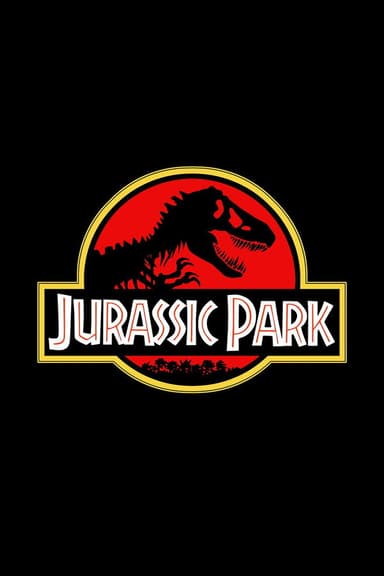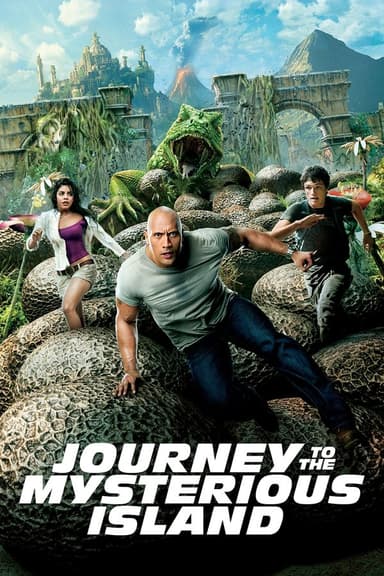
Congo
1995 • Action, Adventure, Science Fiction • PG-13
Eight people embark on an expedition into the Congo, a mysterious expanse of unexplored Africa, where human greed and the laws of nature have gone berserk.
Runtime: 1h 49m
Why you should read the novel
If you crave depth and suspense, Michael Crichton's novel 'Congo' delivers a richer and more intricate adventure than its film adaptation. The book offers complex characters, detailed scientific explanations, and a gripping exploration into lost civilizations, all set in the dangerous heart of the Congo rainforest. Reading the novel immerses you in the atmosphere of mystery and tension, letting your imagination run wild with every unexpected twist.
Crichton's meticulous research and imaginative storytelling draw you into the world of advanced technology, corporate intrigue, and primal survival. The book takes time to explore the motivations and backstories of its protagonists, giving you a connection that the movie's fast pace can’t replicate. You'll also discover a captivating look at early computer technology and linguistic experiments, all woven into a taut narrative.
Eschewing Hollywood spectacle for intellectual thrill, the novel challenges you to confront deeper themes about nature, human ambition, and the limits of technology. If you're seeking an adventure that respects your intelligence and curiosity, 'Congo' is a far more rewarding journey than watching the movie.
Adaptation differences
The 1995 film adaptation of 'Congo' diverges significantly from Michael Crichton's original novel, particularly in tone and focus. The movie skews more toward action-adventure and camp, often relying on special effects, comedic moments, and over-the-top set pieces. In contrast, the book is a tense techno-thriller with a measured pace and a strong emphasis on scientific discovery and the dangers inherent in hubristic pursuits.
Characterization is one of the most notable differences. In the book, the characters—especially Amy the gorilla and Dr. Peter Elliott—are developed with greater psychological complexity and subtlety. Their relationships and motivations are more nuanced, with the novel delving into the ethical questions surrounding animal intelligence and human intervention. The film, however, tends to flatten these relationships for broader appeal and faster storytelling, sacrificing depth for brevity and spectacle.
Additionally, certain plotlines are dramatically altered or oversimplified in the screen adaptation. The role of the expedition’s corporate backing and the intricacies of international rivalries are downplayed or neglected altogether. The novel’s depiction of linguistic technology is more advanced and central to the plot, while the film glosses over these details to focus on visual effects and action sequences. Some characters in the book are combined or omitted in the movie, changing the group dynamic and the stakes of their mission.
Lastly, the ending of 'Congo' is markedly different between mediums. While the novel closes with an ambiguous and thought-provoking resolution, leaving readers to ponder the implications of the characters’ discoveries and the fate of lost civilizations, the movie opts for a more conventional Hollywood conclusion. This shift reduces the lasting impact of the story, making the book’s ending more resonant and intellectually stimulating than the film’s straightforward wrap-up.
Congo inspired from
Congo
by Michael Crichton


















